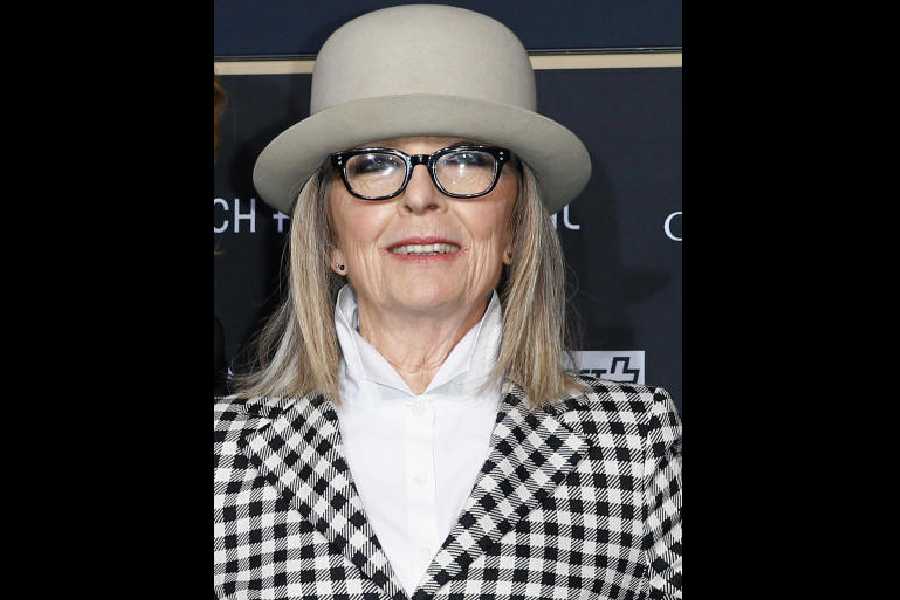Diane Keaton, the vibrant, sometimes unconventional, always charmingly self-deprecating actress who won an Oscar for Woody Allen’s comedy Annie Hall and appeared in some 100 movie and television roles, an almost equal balance of them in comedies like Sleeper and The First Wives Club and dramas like The Godfather and Marvin’s Room, has died. She was 79.
Her death was confirmed by Dori Rath, who produced a number of Keaton’s most recent films. She did not say where or when Keaton died or cite a cause.
Keaton was 31 and a veteran of eight films, most of them comedies, when she starred as the title character in Annie Hall (1977), a single woman in New York City with ambitions, insecurities and definite style. Annie is known for cheerful psychiatric breakthroughs, fashions that look like men’s wear, questionable driving skills and lingering hints of an all-too-wholesome Midwestern upbringing.
She accepted her Oscar wearing a linen jacket, two full linen skirts, a scarf over a white shirt and black string tie, and high heels with socks. In her 2014 memoir, Then Again, she looked back on the moment, with some regret, as “my ‘la-de-da’ layered get-up”.
Annie Hall, which won three other Oscars including best picture, brought Keaton a shower of additional honours, including acting awards from the National Board of Review, National Society of Film Critics, New York Film Critics Circle and the British Academy of Film and Television Artists.
The Hollywood Reporter’s review of the movie called Keaton “the consummate actress of our generation” and observed that she “adds the charm and warmth and spontaneity” that make Annie Hall plausible.
Keaton received three other Oscar nominations. One was for the sweeping Oscar-winning drama Reds (1981), in which she played Louise Bryant, an intense 1910s writer hanging out with Greenwich Village socialists and Bolshevik revolutionaries, notably the activist journalist Jack Reed (Warren Beatty, who also directed).
Another was for Marvin’s Room (1996), in which she played the selfless daughter who is taking care of her slowly dying father and her scatterbrained aunt when she receives a diagnosis of leukemia and needs a bone-marrow transplant. Her co-stars included Meryl Streep, Leonardo DiCaprio and Hume Cronyn.
The third was for Something’s Gotta Give (2003), a comedy, written and directed by Nancy Meyers, about a successful playwright who turns an extremely tearful breakup into a new hit comedy. She attracts the attention of a handsome, much younger doctor (Keanu Reeves) and inspires a sexist man in his 60s (Jack Nicholson) to fall in love with a woman his own age.
Keaton was also a director. Her first film was Heaven (1987), a documentary on beliefs about the afterlife. In her last, she directed herself, Meg Ryan and Lisa Kudrow in the comic drama Hanging Up (2000), based on a novel by Delia Ephron.
A film career was always Keaton’s goal. She explained her aversion to theatre as a lifelong pursuit on CBS Sunday Morning in 2010. “Night after night? Doing a play?” she said, putting an imaginary gun to her head. “That’s my idea of hell.”
New York Times News Service











